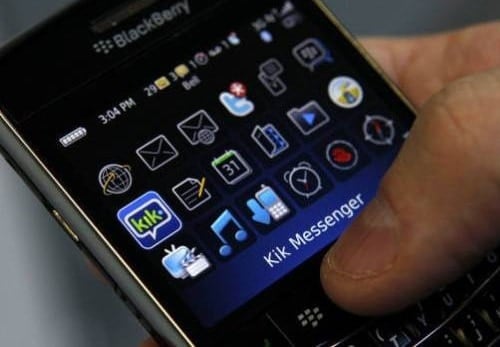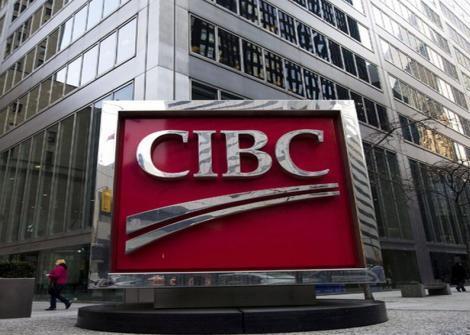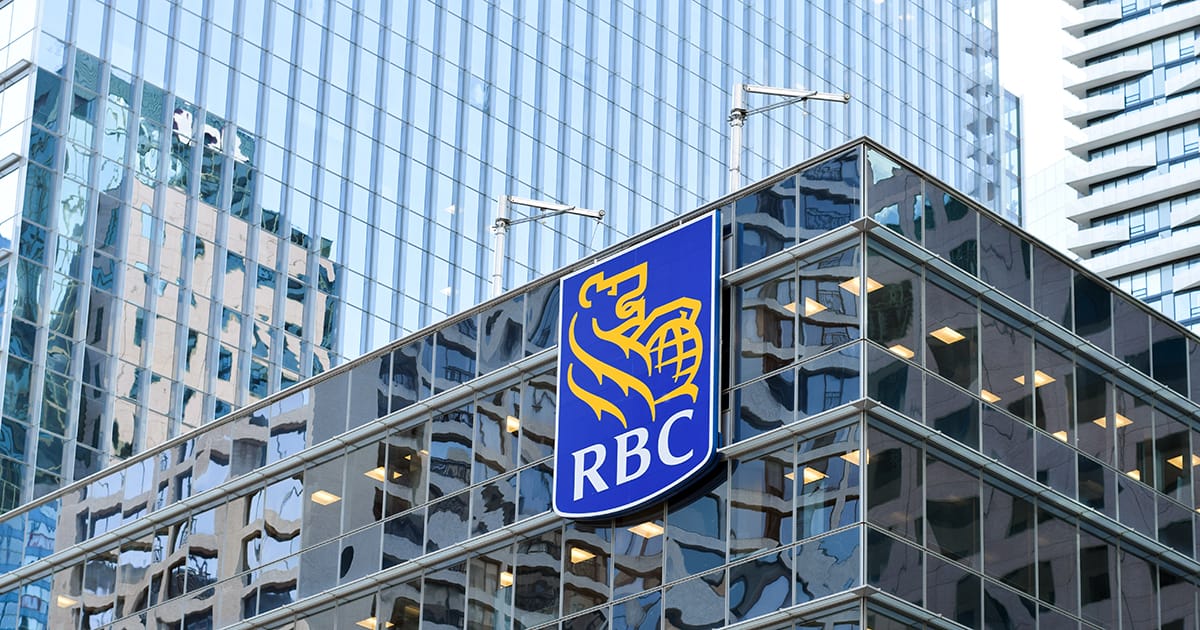Kik Interactive lives on as symbol of BlackBerry’s former folly


Waterloo-based Kik Interactive today announced it had closed a $38.3 million Series C round that was led by Valiant Capital Partners and included new investors Millennium Technology Value Partners, SV Angel, and existing investors Foundation Capital, RRE Ventures, Spark Capital and Union Square Ventures.
The injection brings the total Kik Interactive has banked to $70.5 million making it, along with the likes of Hootsuite, Shopify and BuildDirect, as one of the more notable private Canadian techs in terms of capital raised.
The financing is Kik Interactive’s first since it settled a now-famous lawsuit with BlackBerry. Last October, the two parties announced they had reached an agreement the month prior that ended all legal action between them. As part of the lawsuit, BlackBerry had claimed patent infringement related to the cross platform messaging feature. Terms of the settlement, however, weren’t disclosed.
In the warm glow of a nascent BlackBerry comeback (the company will release its new BlackBerry Classic device on December 17th, and there is a buzz) engineered by the increasingly capable-seeming John Chen, Kik Interactive seems now like just another competitor in the crowded instant messaging space, but the company is a living example of the mistakes the new boss inherited from the old.
They absolutely refused and they said, ‘No, we won’t do that,’” Livingston told The Globe and Mail last year. “To be fair, from their perspective it was hard. They said, ‘People are buying BlackBerrys for BBM. That was a real risk.
In 2007, Kik founder Ted Livingston was an engineering student at the University of Waterloo who worked a string of co-op placements at BlackBerry. He reportedly tried to convince BlackBerry to take BBM cross-platform.
“They absolutely refused and they said, ‘No, we won’t do that,” Livingston told The Globe and Mail last year. “To be fair, from their perspective it was hard. They said, ‘People are buying BlackBerrys for BBM. That was a real risk.”
Of course, BBM is cross-platform today. The app launched for iOS and Android in the summer of 2013 and tacked on millions more users. In its recent Q2, 2015 earnings report the company highlighted the fact that BBM had more than 91-million monthly active BBM users, up from 85 million in the first quarter of fiscal 2015.
It’s hard not to imagine what position BlackBerry might be in had management listened to a young co-op student in 2007. Throughout BlackBerry’s darkest days, BBM was always singled out as a lone bright spot. The company was an innovator in the instant-messaging field almost as much as it was in the larger smartphone space and an earlier effort to take its service cross-platform might have been a meant that it would have simply owned the space. That would have been no mean feat considering the $19-billion Facebook ponied up for WhatsApp is still more than triple BlackBerry’s entire market cap.
Taking BBM to Apple and Android was almost certainly a hotly debated topic at BlackBerry. In fact, the idea of pursuing licensing strategies and allowing other platforms to use BlackBerry’s network and products might very well have been the reason that former co-CEO Jim Balsillie resigned from the company’s board.
Taking BBM to Apple and Android was almost certainly a hotly debated topic at BlackBerry. In fact, the idea of pursuing licensing strategies and allowing other platforms to use BlackBerry’s network and products might very well have been the reason that former co-CEO Jim Balsillie resigned from the company’s board. By the time the here-then-gone Thorsten Heins decided that BBM on an iPhone was a sensible strategy it was, in one sense, too late.
Today, Kik has more than double BBM’s user base. Its customers use the service because it is not related to any particular phone number or other credentials, because it has a built-in browser, and because the service has placed a premium on content sharing. Tacked onto today’s financing announcement was the announcement that the company had acquired Relay, which it described as “a leading GIF messenger.”
How anyone, including Kik Interactive and BBM, will make money from the instant messaging space is still to be decided. For the first six months of 2014, WhatsApp, which now has more than a half-billion users, posted a net loss of $233 million on revenue of just $15-million. Chen says he hopes to monetize BBM to the tune of $100-million in annual revenue, many presume from a secure enterprise-based version of the service. Kik Interactive highlights the fact that more than 25 brands, including SkullCandy, Funny or Die and VICE, are employing its “Kik Promoted Chats”.
Kik Interactive is clearly in-tough in a space that will feature many losers and a few winners. Today’s financing is no guarantee that the company will win against the likes of China’s WeChat, Viber, or SnapChat. But for BlackBerry, the very existence of Kik Interactive means that instant messaging will be long regarded as at or near the top on its catalogue of missed opportunities.
Nick Waddell
Founder of Cantech Letter
Cantech Letter founder and editor Nick Waddell has lived in five Canadian provinces and is proud of his country's often overlooked contributions to the world of science and technology. Waddell takes a regular shift on the Canadian media circuit, making appearances on CTV, CBC and BNN, and contributing to publications such as Canadian Business and Business Insider.


